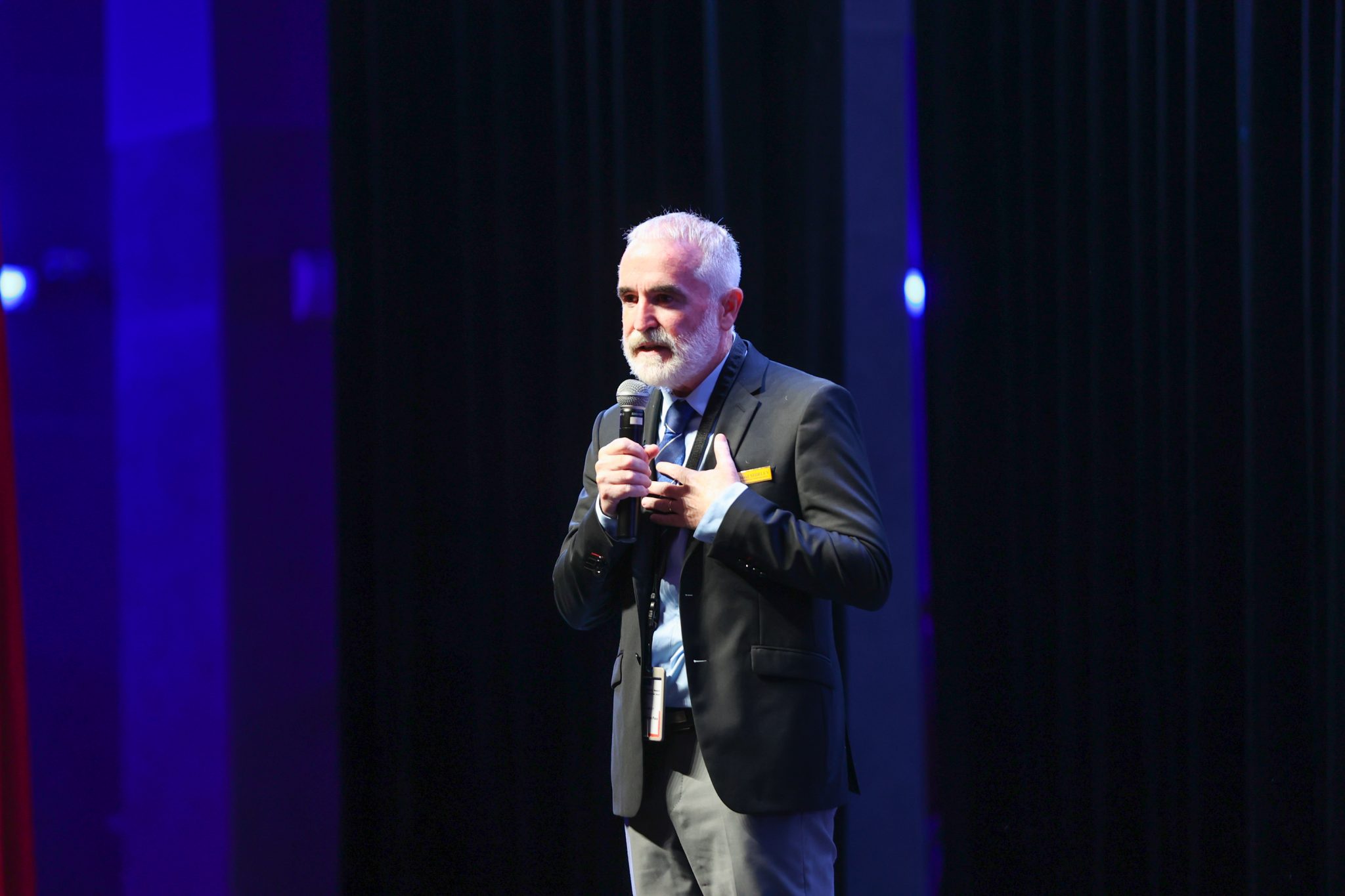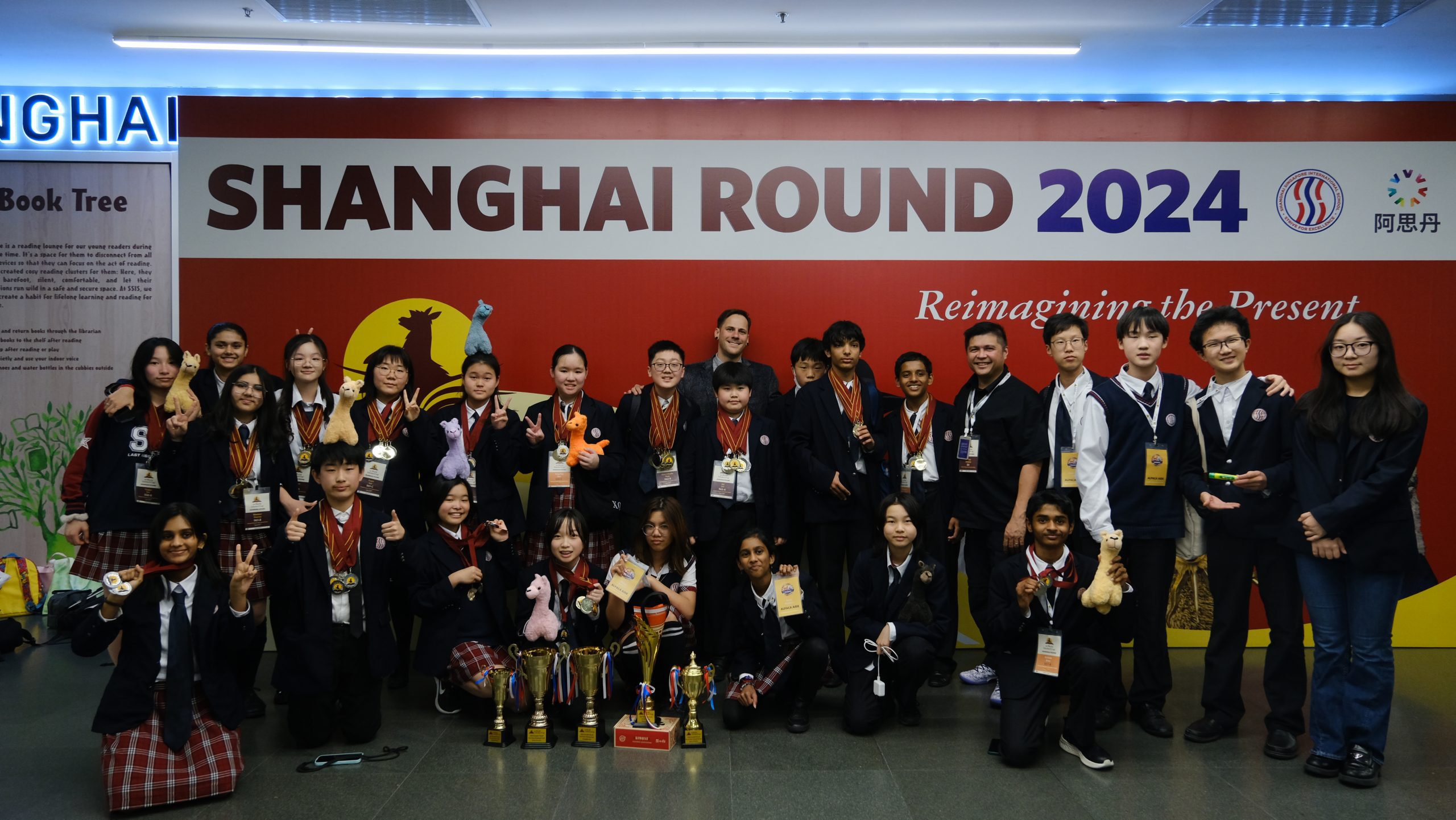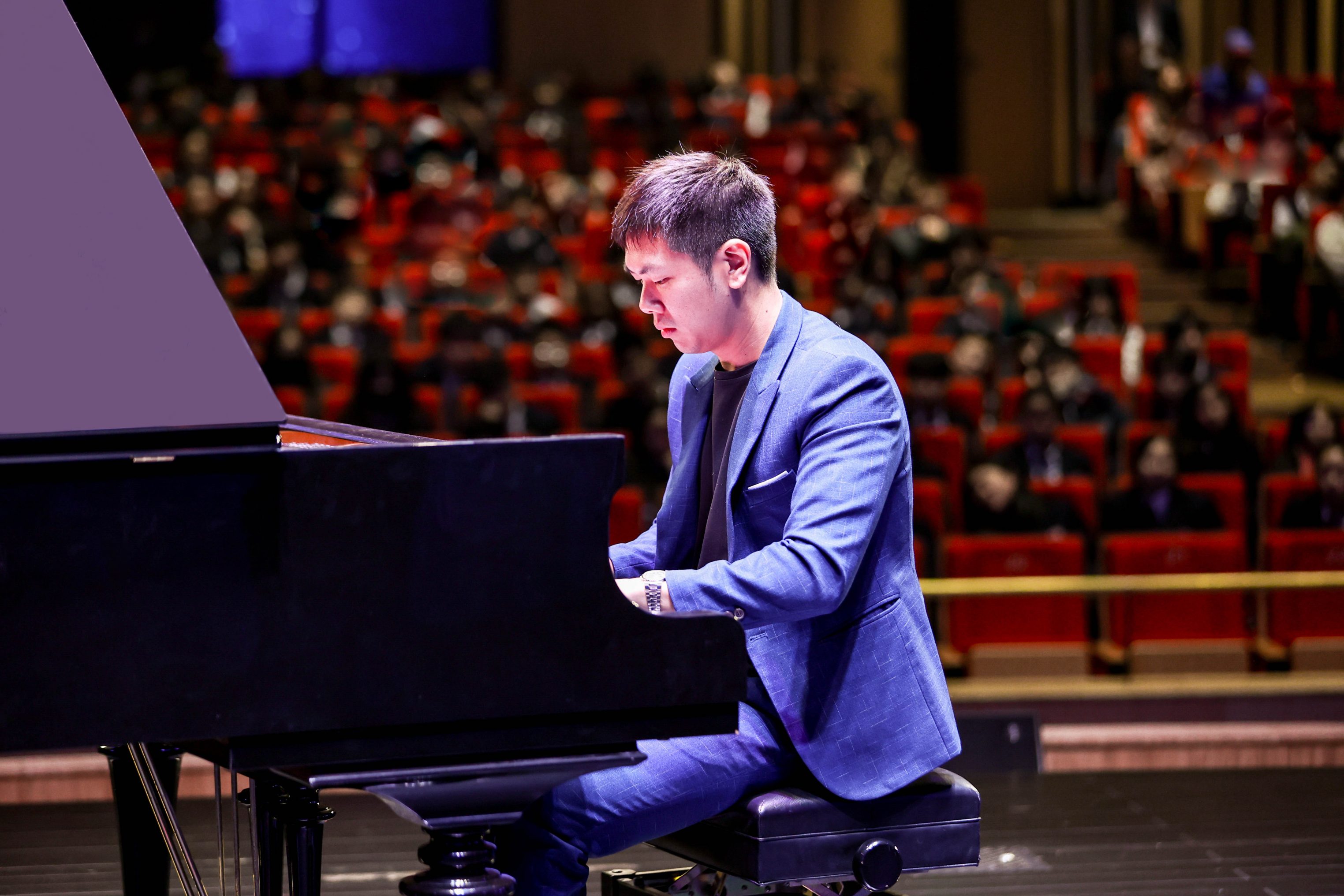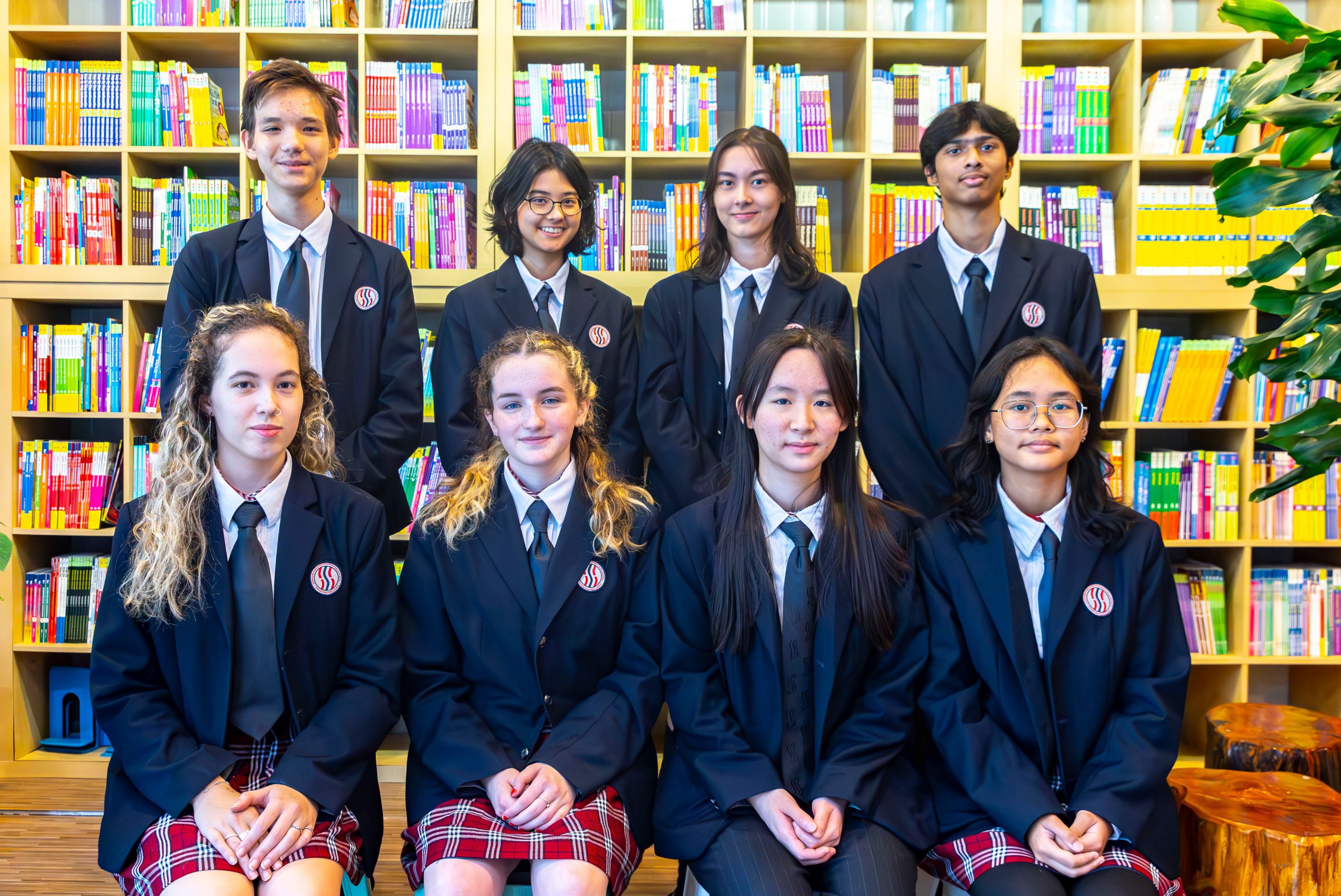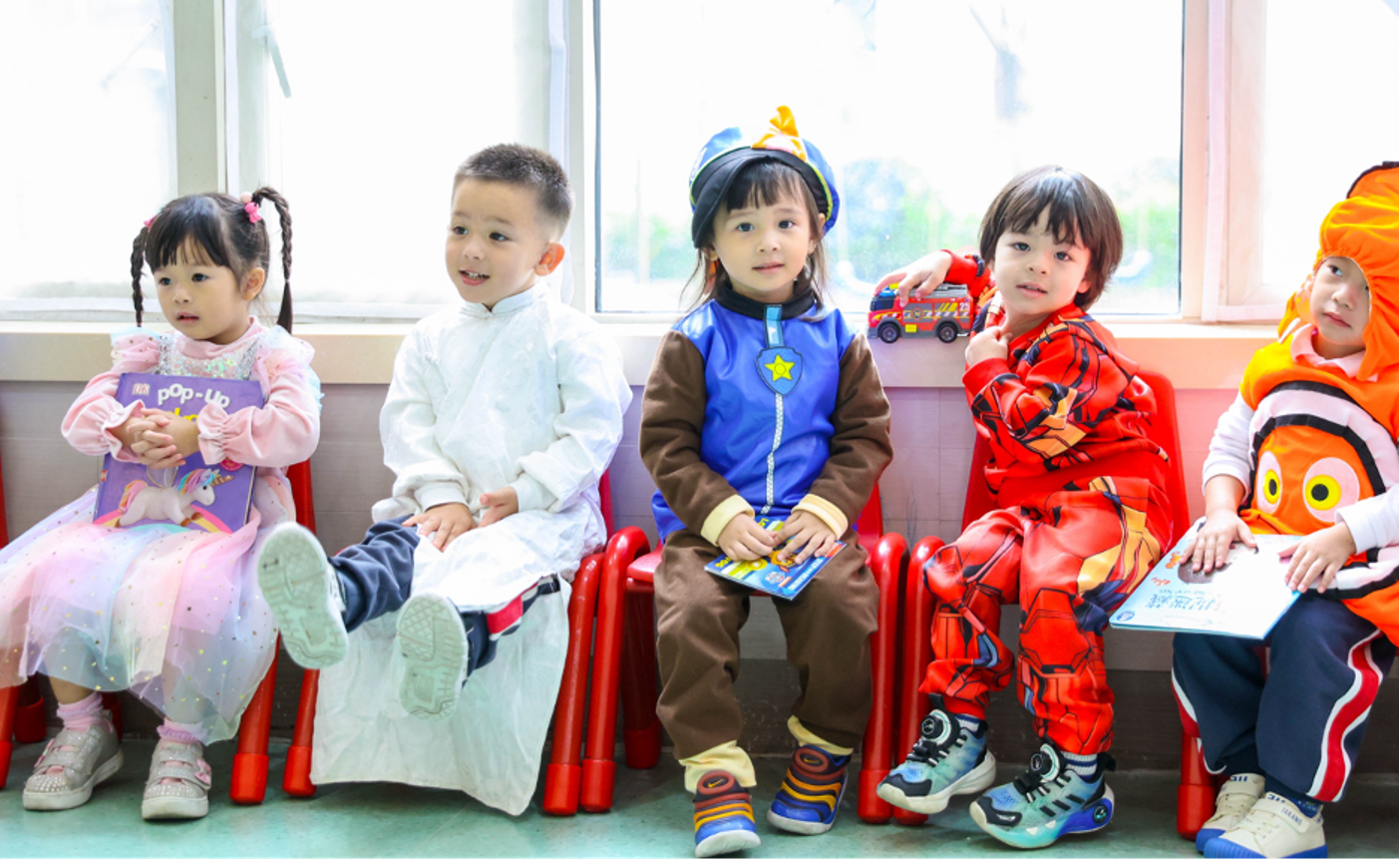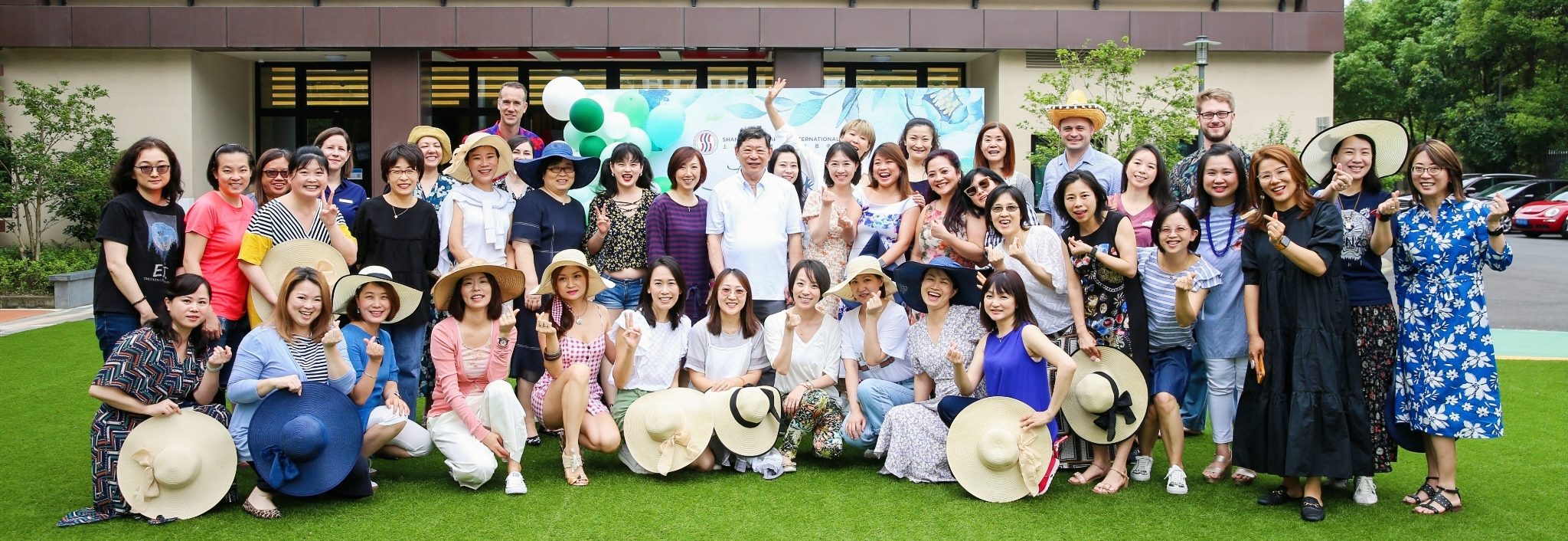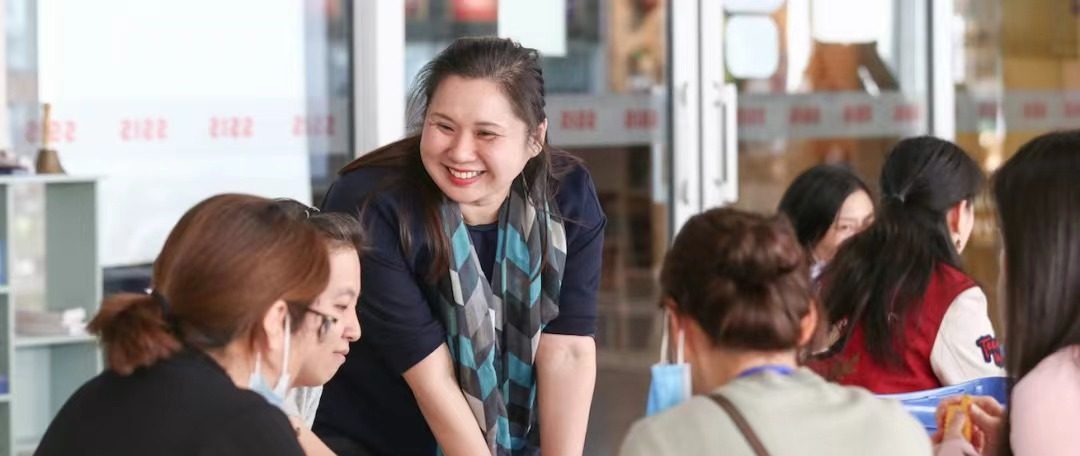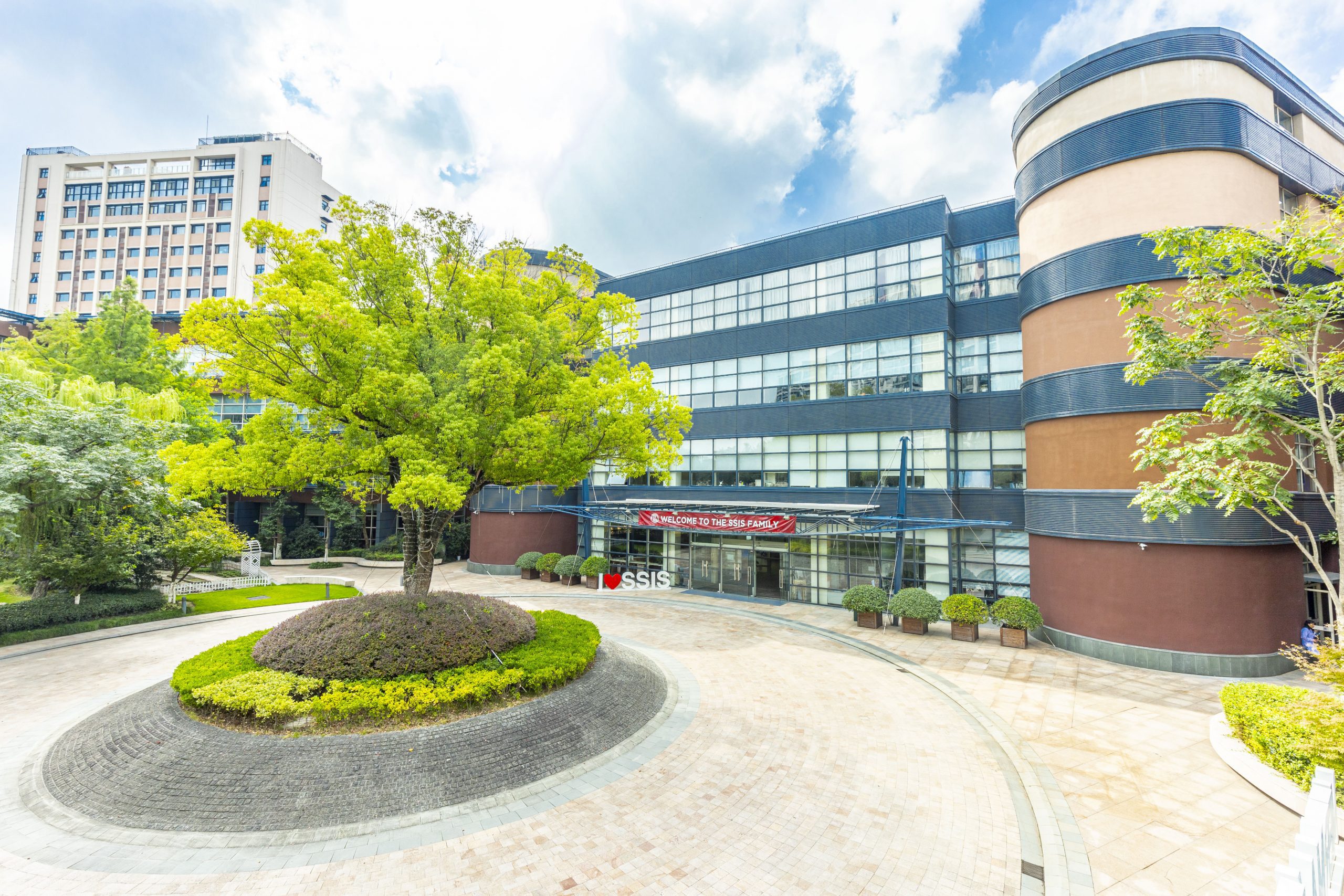T1W7 – 14 Oct 2022
Dear Parents,
I hope this message finds you well, healthy, and safe. Our old adversary, Covid, has once again distributed our learning environment and educational flow. I am, however, certainly proud of the way our students quickly adapted to Distance Learning this week. I would also like to recognise the prior planning and preparation that our staff had completed just in case this scenario happened again. We will continue to provide the best possible learning environment for our students. This includes both our distance learning environments and face-to-face instruction. Our directors and principals will monitor our learning programmes and are always available to answer questions.
Over the next few days, some students may spend more time than usual on their ICT devices. Most of our students use their devices appropriately for learning but I do suggest that you monitor their use as sometimes they may fall into multitasking which can lead to a disruption of workflow.
Common ICT multitasking activities during distance learning may include social networking, surfing the net, chatting, texting, tweeting, downloading music and movies, listening to, or watching music, e-mailing, gaming or even studying more than one subject at the same time. Research on ICT induced multitasking among students highlights several undesirable outcomes, such as heightened distraction, less attention and hindered productivity. Self-regulation, attention span and emotional control are key factors that we continually need to support our students with during this time so that they can maintain their educational focus and flow.
If your children are anything like mine at this age (from 10 until 21) you may find that they say to you something like: “I find it easier to study when I listen to music” (they are also actually watching YouTube!) or “I need to chat with my friend about this chapter of my text”. When I heard these types of responses, I often noticed a reduction in productivity and study times seemed to go on for far too long. This in turn would interfere with family time, sleep, exercise routines and mood. This can become a negative cycle. Whenever I noticed this in my own family, I would discuss the importance of “flow” with my children and use the simple table below to guide the conversation. I would also provide valuable examples for each by talking personally about my work and the strategies I use to create a flow state. I encourage you all to observe your child’s flow and support them if needed.
What is Flow?
Flow is a cognitive state where one is completely immersed in an activity—from painting and writing to reading and problem-solving. It involves intense focus, creative engagement, and the loss of awareness of time and self.
| Concentrating on a single task | Multitasking |
| Makes achieving flow more likely | Makes achieving flow impossible |
| Increases productivity | Decreases productivity (though it doesn’t seem to) |
| Increases our power of retention | Makes it harder to remember things |
| Makes us less likely to make mistakes | Makes us more likely to make mistakes |
| Helps us feel calm and in control | Makes us feel stressed by the sensation that we are losing control |
| Causes us to become more considerate as we pay full attention to those around us | Can cause us to hurt those around us through our response to external stimuli: always checking phones, always on social media, shutting ourselves off from others in the house |
| Increases creativity | Reduces creativity |
I look forward to seeing you all again very soon,

